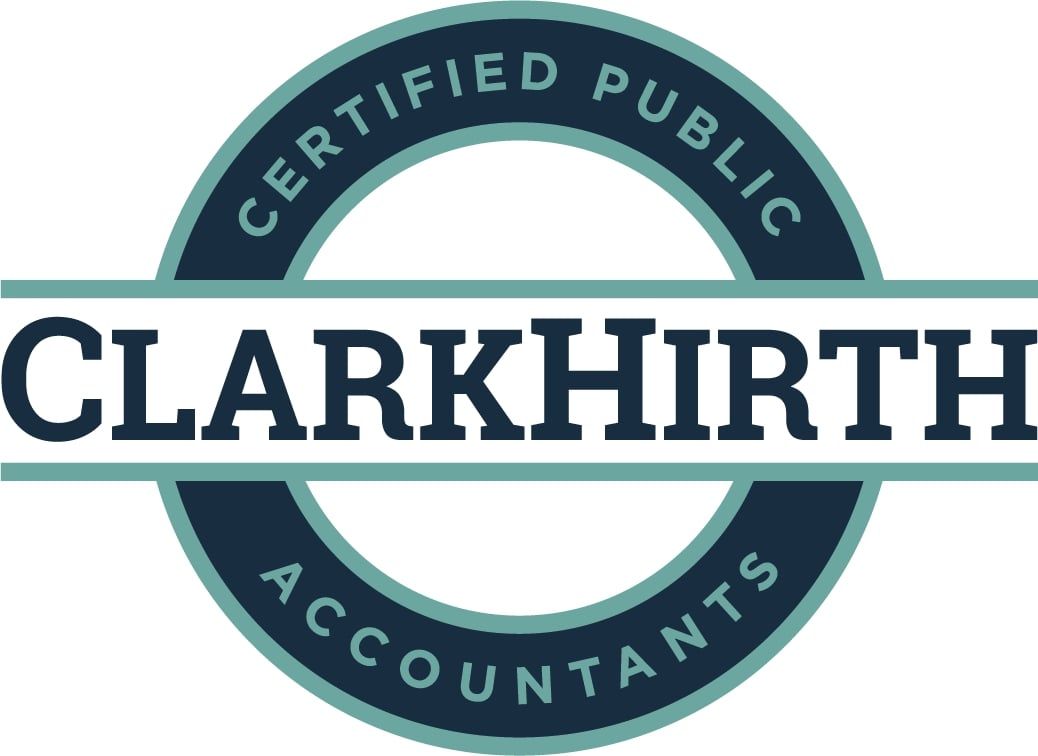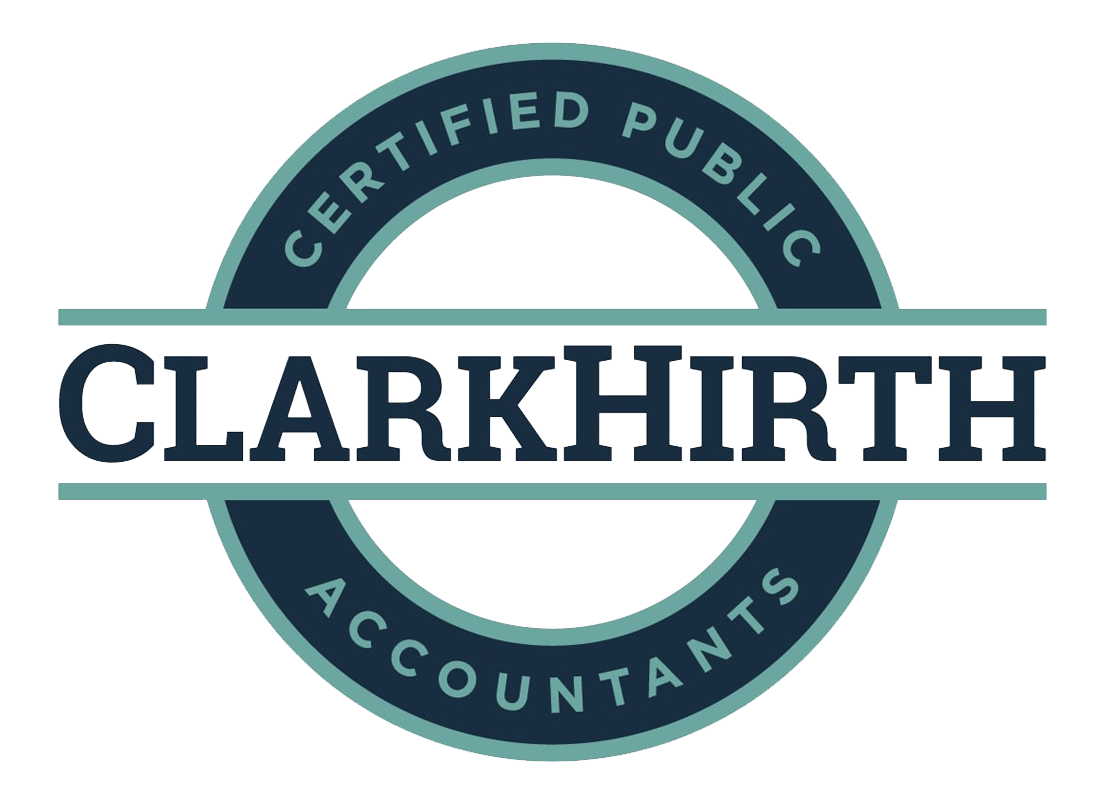Accounting That Moves as
Fast as Your Restaurant
The quick service restaurants industry moves at lightning speed, and your accounting needs to keep up. Between managing multiple revenue streams, handling high-volume transactions, and navigating complex franchise requirements, quick service restaurants face unique financial challenges that require specialized expertise.
ClarkHirth CPAs understands the fast-paced world of quick-service restaurants. Our quick service restaurants accounting services are designed specifically for businesses that serve hundreds of customers daily while managing thin profit margins and complex operational requirements.
Ready to streamline your restaurant's finances? Call us at (860) 904-4436 for a consultation that could transform your bottom line.
Comprehensive Quick Service Restaurants Accounting Services

Financial Statement Assurance
Professional compilation and review services that provide credibility for your financial statements, essential for franchise compliance, loan applications, and investor relations in the competitive quick service restaurant market.

Tax Preparation
Expert preparation of federal, state, and local tax returns with deep understanding of restaurant-specific deductions, sales tax complexities, and franchise fee structures that can significantly impact your tax liability.
Financial Statement Assurance for
Quick Service Restaurant Operations
Quick service restaurants operate on razor-thin margins where every dollar counts, making accurate financial reporting absolutely critical. Professional financial statements provide the credibility you need for franchise compliance, bank relationships, and growth planning.
Your quick service restaurants operation likely processes thousands of transactions daily across multiple payment methods, manages complex inventory systems, and deals with franchise fees and royalty calculations. Our financial statement services ensure all these elements are properly recorded and presented according to industry standards.
Franchise operations have additional reporting requirements that must be met to maintain compliance with franchisor agreements. We understand these unique requirements and ensure your financial statements meet both accounting standards and franchise specifications.
These professionally prepared statements become invaluable when you're seeking financing for new locations, negotiating with suppliers, or planning expansion strategies. We've helped numerous quick service restaurants operators secure funding and demonstrate their financial strength to franchisors and investors.
Tax Preparation and Strategic Planning
Quick service restaurants face a complex web of tax obligations that extend far beyond basic income taxes. Sales tax compliance alone can be challenging with varying rates, exemptions, and reporting requirements that change based on your location and product mix.
Our tax preparation services address all aspects of quick service restaurants taxation, including proper classification of franchise fees, equipment depreciation strategies, and optimization of the Section 199A deduction for qualifying restaurant operations. We also handle multi-state tax obligations for restaurants operating across state lines.
Year-round tax planning is essential for quick service restaurants operations because of the industry's unique cash flow patterns and equipment replacement cycles. We help you time major purchases, plan for seasonal fluctuations, and structure expansion activities to minimize your overall tax burden.
Franchise operations have additional considerations including proper treatment of franchise fees, royalty deductions, and territorial rights that require specialized knowledge to handle correctly. Our expertise ensures you're taking advantage of every available deduction while maintaining compliance with both tax laws and franchise agreements.
Specialized Bookkeeping for Quick Service Restaurants
Quick service restaurants generate massive amounts of financial data that must be processed accurately and efficiently. Generic bookkeeping services simply cannot handle the complexity of high-volume restaurant operations with multiple revenue streams and rapid inventory turnover.
Our bookkeeping services include integration with modern point-of-sale systems, daily sales reconciliation, inventory tracking, and vendor payment management. We understand how to properly categorize franchise fees, marketing fund contributions, and the various operational expenses unique to quick service restaurants operations.
Cost control analysis is particularly important in the quick service restaurants industry where small increases in food costs or labor expenses can quickly erode profitability. Our detailed tracking and reporting help you identify trends and make timely adjustments to protect your margins.
We also handle the complex reconciliation required for credit card processing, delivery platform fees, and promotional discounts that are common in today's quick service restaurants environment. This attention to detail ensures your financial records accurately reflect your true business performance.
Payroll and Labor Cost Management
Labor costs represent one of the largest expenses for quick service restaurants, making accurate payroll processing and cost management essential for profitability. Labor laws add complexity with specific requirements for break periods, overtime calculations, and minimum wage compliance.
We handle all aspects of payroll processing including proper classification of managers versus hourly employees, overtime calculations, tip reporting where applicable, and compliance with both federal and state regulations. Our system properly tracks hours across multiple shifts and ensures all tax withholdings are calculated correctly.
Labor cost analysis goes beyond basic payroll processing to help you understand your true labor costs per hour, per transaction, and per location. This analysis helps you optimize scheduling, identify training opportunities, and make informed decisions about staffing levels during different periods.
We also manage all payroll tax filings, quarterly reports, and year-end processing, ensuring compliance with all federal and state requirements while providing you with the labor cost insights needed to maintain profitability in a competitive market.
Beneficial Ownership Reporting Compliance
The Corporate Transparency Act has introduced federal reporting requirements that affect most quick service restaurants, including franchise operations. These requirements are mandatory and carry severe penalties for non-compliance, including potential criminal charges.
Many quick service restaurants operators are unaware of these new requirements or confused about how they apply to franchise structures and multi-entity operations. The reporting requirements can be particularly complex for franchise operations with multiple ownership layers or management structures.
We handle the entire beneficial ownership reporting process, including determining which entities are subject to the requirements, identifying beneficial owners across complex ownership structures, gathering required documentation, and filing reports on time.
Ongoing compliance monitoring is essential because changes in ownership, management, or business structure can trigger additional reporting requirements. We maintain awareness of these changes and ensure continued compliance throughout the year.
Why Work With ClarkHirth CPAs?
ClarkHirth CPAs brings over two decades of specialized experience serving the restaurant and hospitality industry. We understand quick service restaurants operations because we've worked with everything from single-location operators to multi-state franchise groups.
Our approach goes beyond basic accounting services to provide strategic guidance that helps quick service restaurants operators improve profitability, manage growth, and navigate the complex regulatory environment. We become your financial partners, not just your accountants.
Industry recognition speaks to our expertise. The Connecticut Restaurant Association named us 2021 Vendors of the Year, acknowledging our contribution to the hospitality industry.
FAQs About Our Quick Service Restaurants Accounting Services
How often should my quick service restaurants have its financial statements prepared?
Most successful quick service restaurants operations benefit from monthly financial statements that provide timely insights into performance trends, cost control, and profitability by location. Monthly statements help you identify issues quickly in a high-volume environment where small problems can become big ones rapidly. Franchise operations may have specific reporting requirements that dictate frequency. For multi-location operators, monthly statements are essential for comparing performance across locations and identifying best practices or problem areas that need attention.
What specific tax deductions are available to quick service restaurants?
Quick service restaurants can take advantage of numerous deductions including equipment depreciation, point-of-sale system costs, franchise fees, marketing expenses, employee training costs, and Section 199A deductions for qualifying operations. Food waste, promotional expenses, delivery platform fees, and technology upgrades are also typically deductible. Some states have specific sales tax rules for restaurant operations that can affect your deductions. Working with restaurant specialists ensures you don't miss valuable deductions that could significantly impact your tax liability and cash flow.
How do franchise fees and royalties affect my restaurant's accounting and taxes?
Franchise fees and royalties have specific accounting and tax treatment that affects both your financial statements and tax returns. Initial franchise fees are typically capitalized and amortized over the franchise term, while ongoing royalties are generally deductible as business expenses. Marketing fund contributions, territory fees, and renewal costs each have different treatment requirements. Proper handling of these franchise-related expenses can significantly impact your tax liability and requires specialized knowledge of both accounting standards and tax regulations specific to franchise operations.
What financial records should my quick service restaurants maintain for optimal management and compliance?
Quick service restaurants should maintain detailed records of daily sales by location and payment method, inventory purchases and usage, labor costs by position and location, franchise fees and royalty payments, equipment purchases and maintenance, marketing expenses, and vendor payments. Point-of-sale system reports, bank reconciliations, credit card processing statements, and delivery platform reports are also essential. Proper record keeping enables effective cost control, supports tax deductions, ensures franchise compliance, and provides the data needed for strategic decision making about menu pricing, labor scheduling, and expansion opportunities.
How can professional accounting services help improve my quick service restaurant's profitability?
Professional accounting services provide detailed cost analysis that helps identify the most profitable menu items, locations, and time periods. Accurate food cost tracking reveals waste and portion control opportunities, while labor cost analysis helps optimize scheduling and identify training needs. Professional financial reporting highlights trends in customer traffic, average transaction size, and seasonal patterns that inform strategic decisions. Tax planning services keep more money in your business, while cash flow management ensures you can take advantage of supplier discounts and growth opportunities when they arise.
What should I look for when choosing an accountant for my quick service restaurant?
Choose an accountant with specific experience in restaurant and franchise accounting who understands point-of-sale systems, inventory management, labor cost control, and franchise compliance requirements. They should provide proactive advice rather than just historical reporting, offer scalable services that can grow with your business, and have experience with multi-location operations if applicable. Local presence is valuable for accessibility and understanding of Connecticut's business environment. Look for firms that provide monthly financial reporting, strategic guidance, and can serve as financial partners in your business growth rather than just service providers.
How does multi-location accounting differ from single-restaurant operations?
Multi-location quick service restaurant operations require consolidated reporting, location-by-location performance analysis, centralized vendor management, and standardized accounting procedures across all locations. Cost allocation between locations, transfer pricing for shared services, and comparative analysis become critical for identifying successful practices and problem areas. Tax compliance becomes more complex with multiple jurisdictions, sales tax obligations in different municipalities, and potential multi-state filing requirements. Professional multi-location accounting provides the insights needed to optimize performance across your entire operation while ensuring compliance with all applicable regulations and franchise requirements.

Don’t Let Accounting Hold
You Back—Partner with ClarkHirth
Quick service restaurants operate in one of the most competitive industries, where financial precision can make the difference between thriving and merely surviving. ClarkHirth CPAs provides the specialized expertise your restaurant needs to optimize profitability, ensure compliance, and support sustainable growth.
Don't let accounting challenges slow down your success. Contact ClarkHirth CPAs today at (860) 904-4436 to discover how our quick service restaurants accounting expertise can help drive your business forward. Let's work together to keep your operation running efficiently and profitably.





